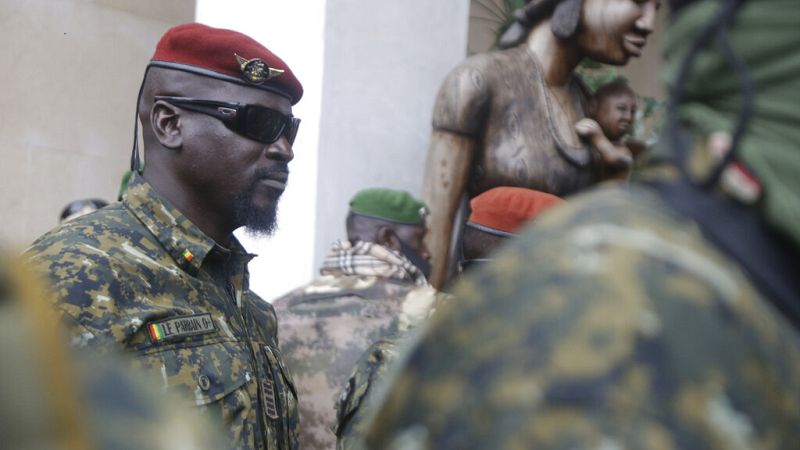Official campaigns launch for Guinea referendum amidst new media coverage guidelines

This weekend marks the start of the campaign for the constitutional referendum in Guinea. The High Authority of Communication (HAC), which oversees media regulations, has unveiled new guidelines for coverage.
They require that audiovisual media provide equal airtime for both supporters and opponents of the referendum.
However, the HAC has drawn criticism for its stipulation that only recognized entities, those without conflicts with the state, can have a voice in the media. This decision has faced backlash from the Guinean Professional Press Union, with President Boubacar Yacine Diallo stating that while no one is banned from media access, journalists must steer clear of unrecognized entities or those in legal conflict.
Compounding the issue, private media outlets are prohibited from engaging in interactive programs that discuss the referendum, a move condemned as an infringement on freedom of expression.
Sékou Jamal Pendessa from the press union expressed concern, saying, "You cannot defend freedom of expression for all Guineans while simultaneously barring interactive discussions on campaign issues. The referendum affects everyone."
The campaign period will run from August 31 to September 18, with voting scheduled for September 21, coinciding with the fourth anniversary of the military coup led by the CNRD in 2021.
The proposed constitutional changes include an extension of presidential terms from five to seven years, with a cap of two terms. Notably, a clause that would limit any individual to two presidential terms over their lifetime has been removed.
Additionally, the draft introduces the establishment of a Senate, with one-third of its members to be directly appointed by the head of state.
Since the 2021 military coup that ousted President Alpha Condé, a transitional government has been in place. However, concerns about the country's democratic future persist, especially following the government's dissolution of numerous political parties and the failure to meet prior election deadlines.
Today

